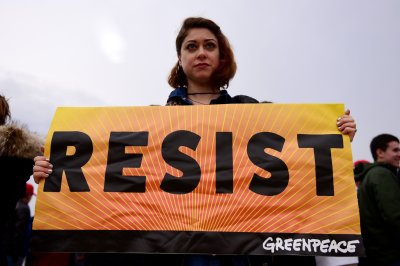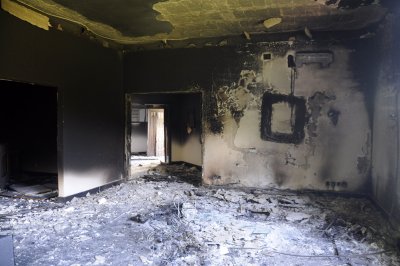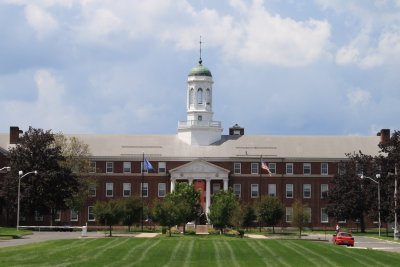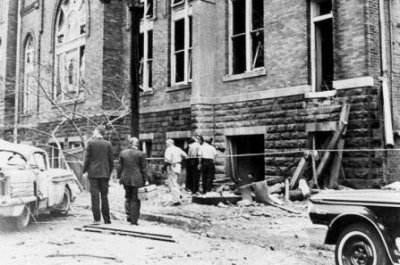Topic: Nikita Khrushchev
Nikita Sergeyevich Khrushchev (April 15 1894 – September 11, 1971) led the Soviet Union during part of the Cold War. He served as First Secretary of the Communist Party of the Soviet Union from 1953 to 1964, and as Chairman of the Council of Ministers, or Premier, from 1958 to 1964. Khrushchev was responsible for the partial de-Stalinization of the Soviet Union, for backing the progress of the early Soviet space program, and for several relatively liberal reforms in areas of domestic policy. Khrushchev's party colleagues removed him from power in 1964, replacing him with Leonid Brezhnev as First Secretary and Alexei Kosygin as Premier.
Khrushchev was born in the Russian village of Kalinovka in 1894, close to the present-day border between Russia and Ukraine. He was employed as a metalworker in his youth, and during the Russian Civil War was a political commissar. With the help of Lazar Kaganovich, he worked his way up the Soviet hierarchy. He supported Joseph Stalin's purges, and approved thousands of arrests. In 1939, Stalin sent him to govern Ukraine, and he continued the purges there. During what was known in the Soviet Union as the Great Patriotic War (Eastern Front of World War II), Khrushchev was again a commissar, serving as an intermediary between Stalin and his generals. Khrushchev was present at the bloody defense of Stalingrad, a fact he took great pride in throughout his life. After the war, he returned to Ukraine before being recalled to Moscow as one of Stalin's close advisers.
In the power struggle triggered by Stalin's death in 1953, Khrushchev, after several years, emerged victorious. On February 25, 1956, at the Twentieth Party Congress, he delivered the "Secret Speech", denouncing Stalin's purges and ushering in a less repressive era in the Union of Soviet Socialist Republics (USSR). His domestic policies, aimed at bettering the lives of ordinary citizens, were often ineffective, especially in the area of agriculture. Hoping eventually to rely on missiles for national defense, Khrushchev ordered major cuts in conventional forces. Despite the cuts, Khrushchev's rule saw the tensest years of the Cold War, culminating in the Cuban Missile Crisis.
It uses material from the Wikipedia article "Nikita Khrushchev."














